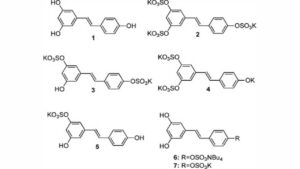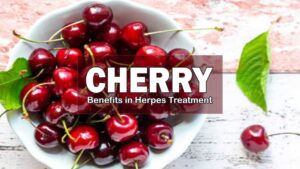Proper hydration plays a crucial role in the care and management of herpes.
Hydration is essential for the overall functioning of the body, and it is also recommended for herpes management. When it comes to herpes, hydration plays an important role in preventing outbreaks and relieving symptoms.
Water is a vital component of human cells and plays an essential role in the proper functioning of the immune system. Dehydration, on the other hand, can weaken the immune system, making it less effective in suppressing the herpes virus.
Benefits of Hydration in Herpes Treatment
One of the main benefits of proper hydration is maintaining healthy mucous membranes. Mucous membranes are the protective lining of the body’s internal organs and tissues, including the mouth and genital areas, which are common sites of herpes manifestation. When the body is well-hydrated, the mucous membranes remain moist and healthy, making it difficult for the herpes virus to enter and replicate.
Furthermore, adequate hydration helps eliminate toxins from the body, promoting overall health. The herpes virus tends to manifest when the immune system is weakened or under stress.
Drinking enough water helps eliminate toxins and metabolic waste from the body, reducing the burden on the immune system. With less stress on the immune system, it can respond more effectively to the herpes virus, reducing the frequency and severity of outbreaks.
In addition to proper water intake, it is also important to avoid dehydration caused by excessive alcohol and caffeine consumption. Alcohol and caffeine have diuretic effects, meaning they increase urine production and can lead to dehydration.
The resulting dehydration can weaken the immune system and increase the risk of herpes outbreaks. Therefore, it is crucial to limit the consumption of these substances and balance them with adequate water intake.
Another way to increase hydration and promote overall health is to incorporate water-rich foods into the diet. Fruits and vegetables such as watermelon, orange, cantaloupe, cucumber, and lettuce are examples of foods with high water content. These foods not only provide additional hydration to the body but are also rich in vitamins, minerals, and antioxidants that strengthen the immune system and help combat the herpes virus.
It is important to remember that while proper hydration is beneficial for herpes management, it is not a definitive treatment. It is crucial to seek medical guidance and follow the recommendations of healthcare professionals for an appropriate treatment plan.
The doctor can also provide specific guidance on herpes management, considering the medical history and individual needs of each person.
Summary
Proper hydration plays an important role in herpes management. It helps maintain healthy mucous membranes, strengthens the immune system, eliminates toxins from the body, and reduces stress on the body.
Drinking enough water, avoiding excessive alcohol and caffeine consumption, incorporating water-rich foods into the diet, and practicing personal hygiene measures are essential steps for effective herpes management.
However, it is important to remember that hydration is not a definitive cure and that seeking medical guidance for appropriate treatment is crucial. With the right approach and a personalized treatment plan, it is possible to minimize the frequency and severity of herpes outbreaks, thus improving the quality of life.




